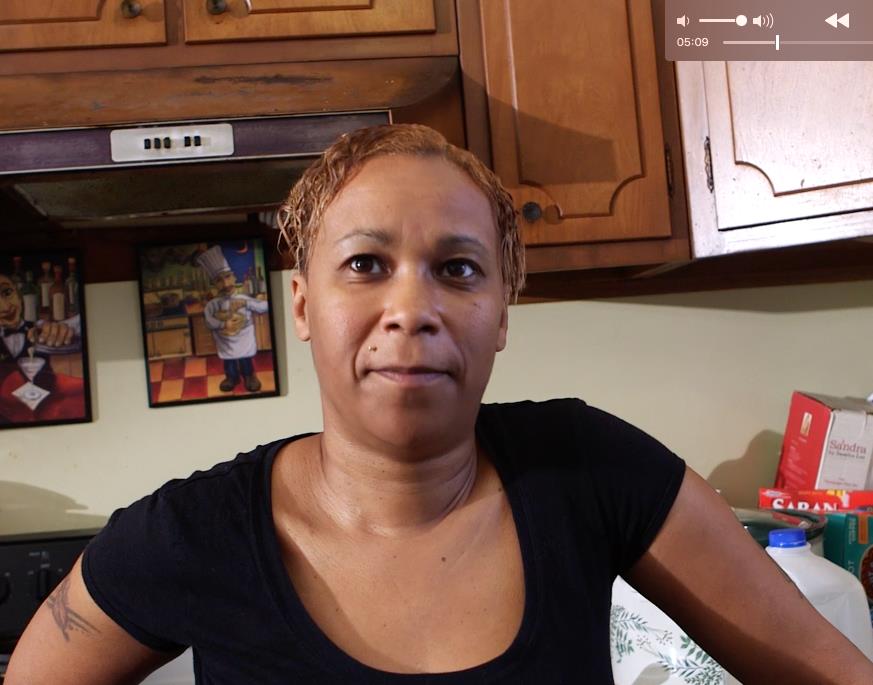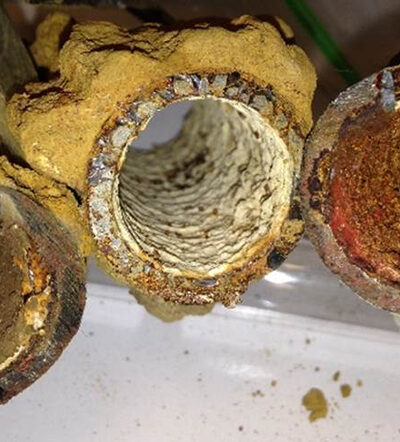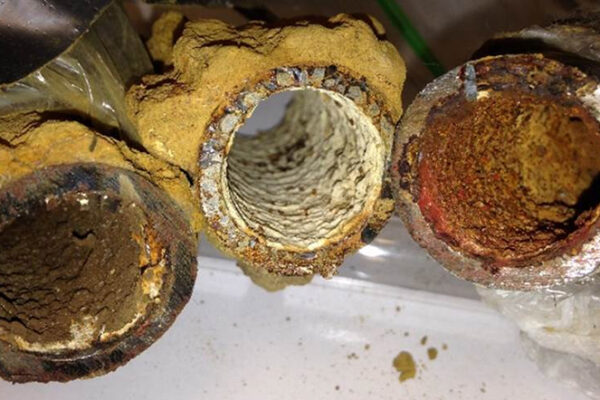D.R. v. Michigan Dept. of Education: Standing Up for Flint Students Following the Water Crisis
- Status: Filed
- Latest Update: Oct 18, 2016

Stay Informed
Sign up to be the first to hear about how to take action.
By completing this form, I agree to receive occasional emails per the terms of the ACLU’s privacy statement.
By completing this form, I agree to receive occasional emails per the terms of the ACLU’s privacy statement.






